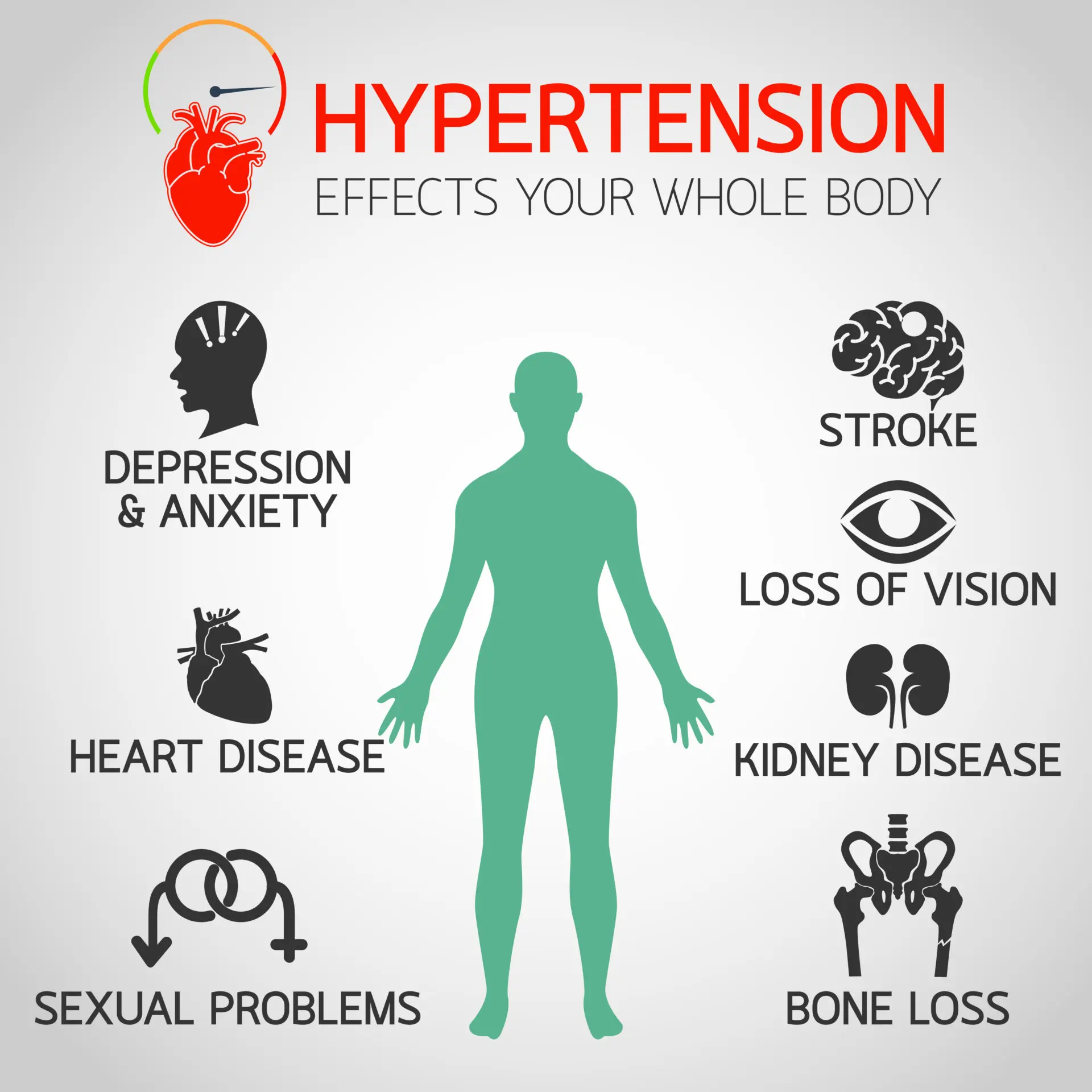Hypertension¹, also known as high blood pressure, affects millions of people worldwide. It is a condition that often goes unnoticed, earning its reputation as the "silent killer." But what exactly is hypertension, and why is it so dangerous? In this blog post, we will explore the ins and outs of hypertension, its problems, and the importance of managing this silent threat to our health.
What is Hypertension?
Hypertension is a medical condition characterized by high blood pressure. Blood pressure is the force exerted by the blood against the walls of the arteries as the heart pumps it around the body. When this force is consistently too high, it puts extra strain on the heart and blood vessels, leading to a range of health problems.
Why is Hypertension Dangerous?
Hypertension is dangerous because it often presents no symptoms, earning its reputation as the "silent killer." Many people are unaware that they have high blood pressure until it causes severe health complications. If left uncontrolled, hypertension can lead to:
- Heart disease
- Stroke
- Kidney disease
- Peripheral artery disease
- Vision loss
Who is at Risk?
Hypertension can affect anyone, but certain factors increase the risk of developing high blood pressure. These include:
- Age: The risk of hypertension increases with age.
- Family history: If your parents or close relatives have hypertension, you may be more likely to develop it.
- Obesity: Being overweight or obese puts extra strain on the heart and increases the risk of hypertension.
- Unhealthy lifestyle: Lack of physical activity, a diet high in sodium and low in potassium, excessive alcohol consumption, and smoking can all contribute to high blood pressure.
Managing Hypertension
While hypertension cannot be cured, it can be effectively managed to reduce the risk of complications.² Lifestyle changes play a crucial role in controlling high blood pressure. These include:
- Healthy diet: Adopting a diet rich in fruits, vegetables, whole grains, and low-fat dairy products while limiting sodium, saturated fats, and cholesterol.
- Regular exercise: Engaging in moderate aerobic activity for at least 150 minutes per week or vigorous activity for 75 minutes per week.
- Weight management: Maintaining a healthy weight through a combination of diet and exercise.
- Stress reduction: Implementing stress management techniques such as meditation, deep breathing exercises, or engaging in hobbies.
- Medication: In some cases, medication may be necessary to control hypertension. It is important to consult with a healthcare professional for proper diagnosis and treatment.
Conclusion
Hypertension is a serious health condition that requires attention and management. Understanding the dangers of high blood pressure and taking proactive steps to control it can significantly reduce the risk of complications. By adopting a healthy lifestyle and working closely with healthcare professionals, individuals can protect their heart health and lead a fulfilling life free from the silent threat of hypertension.

References:

